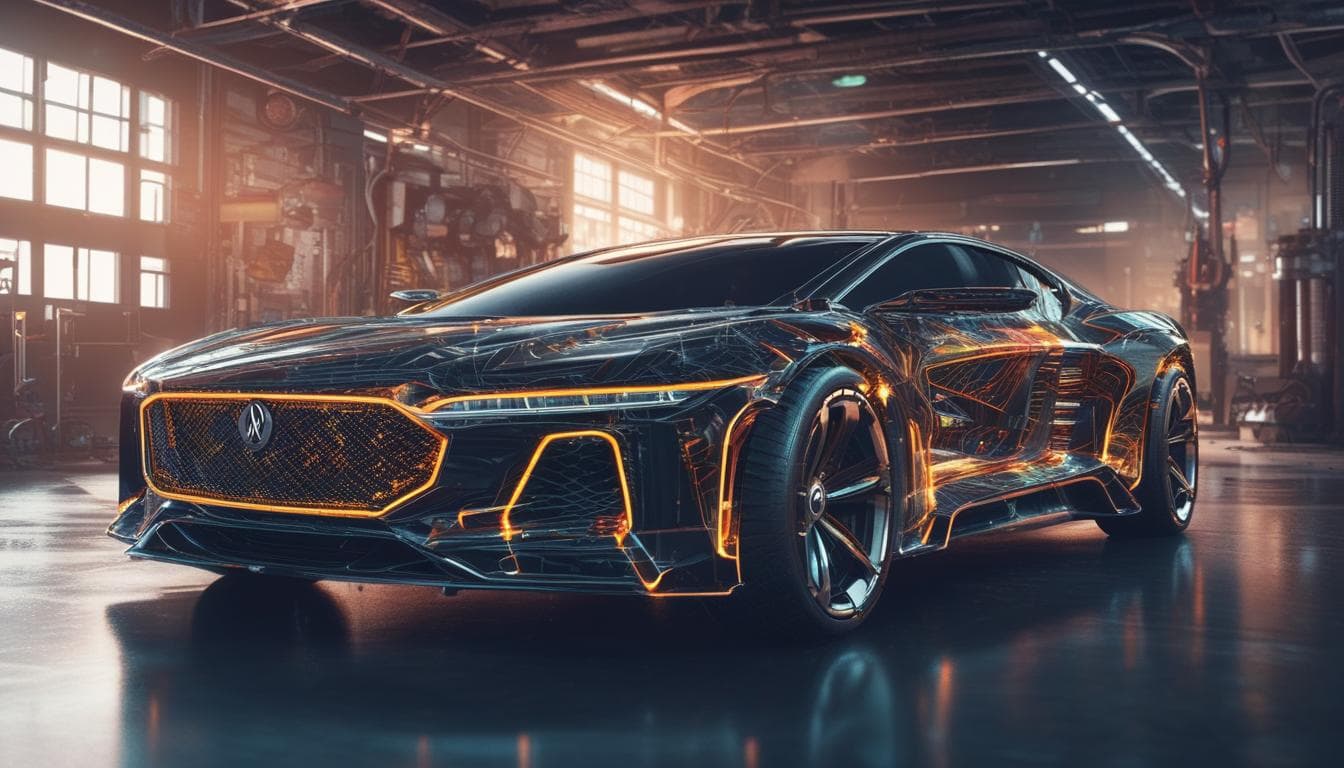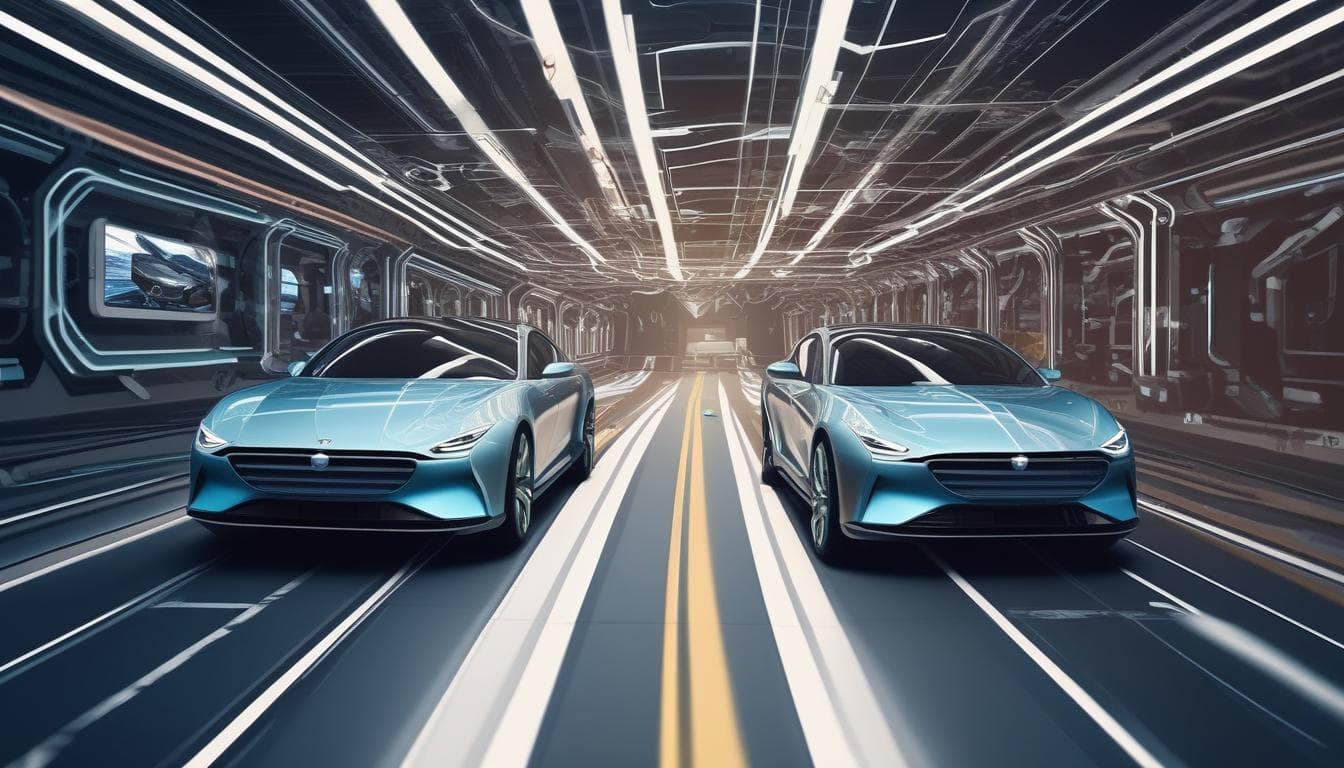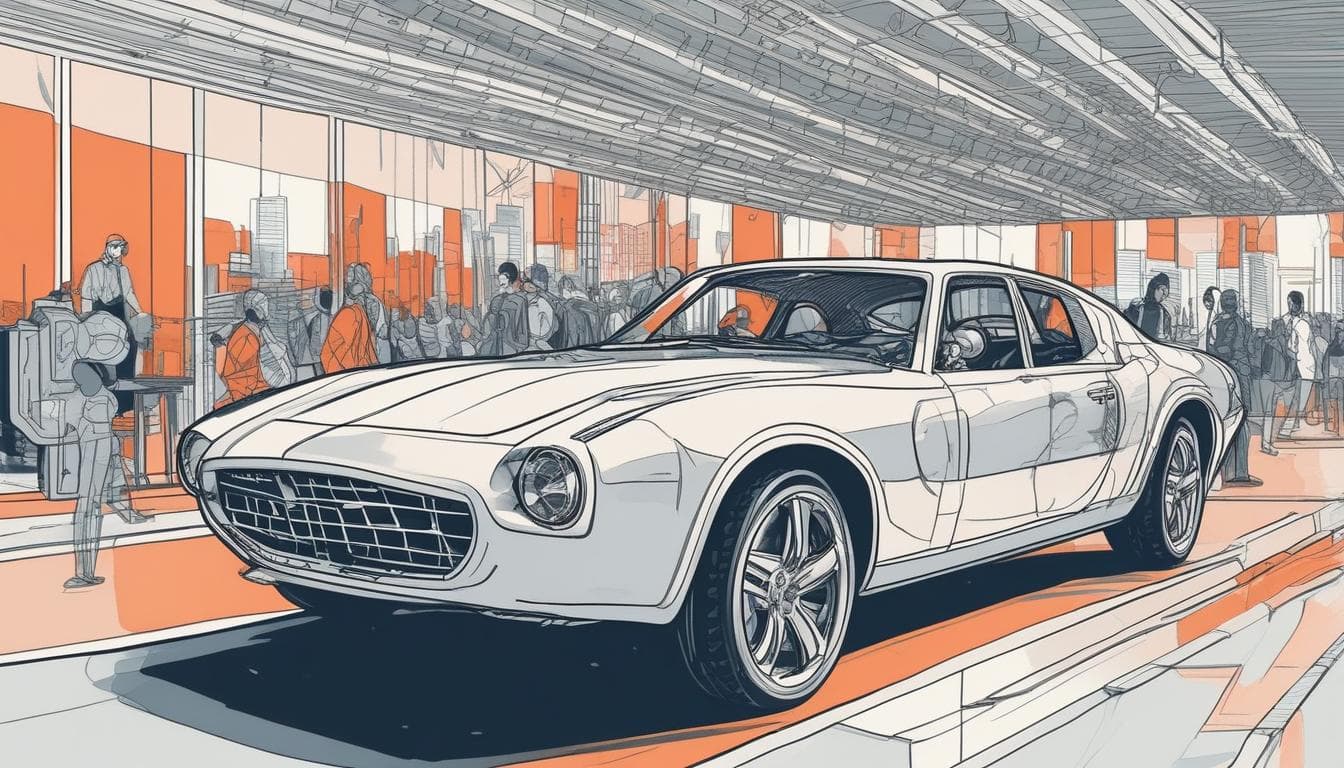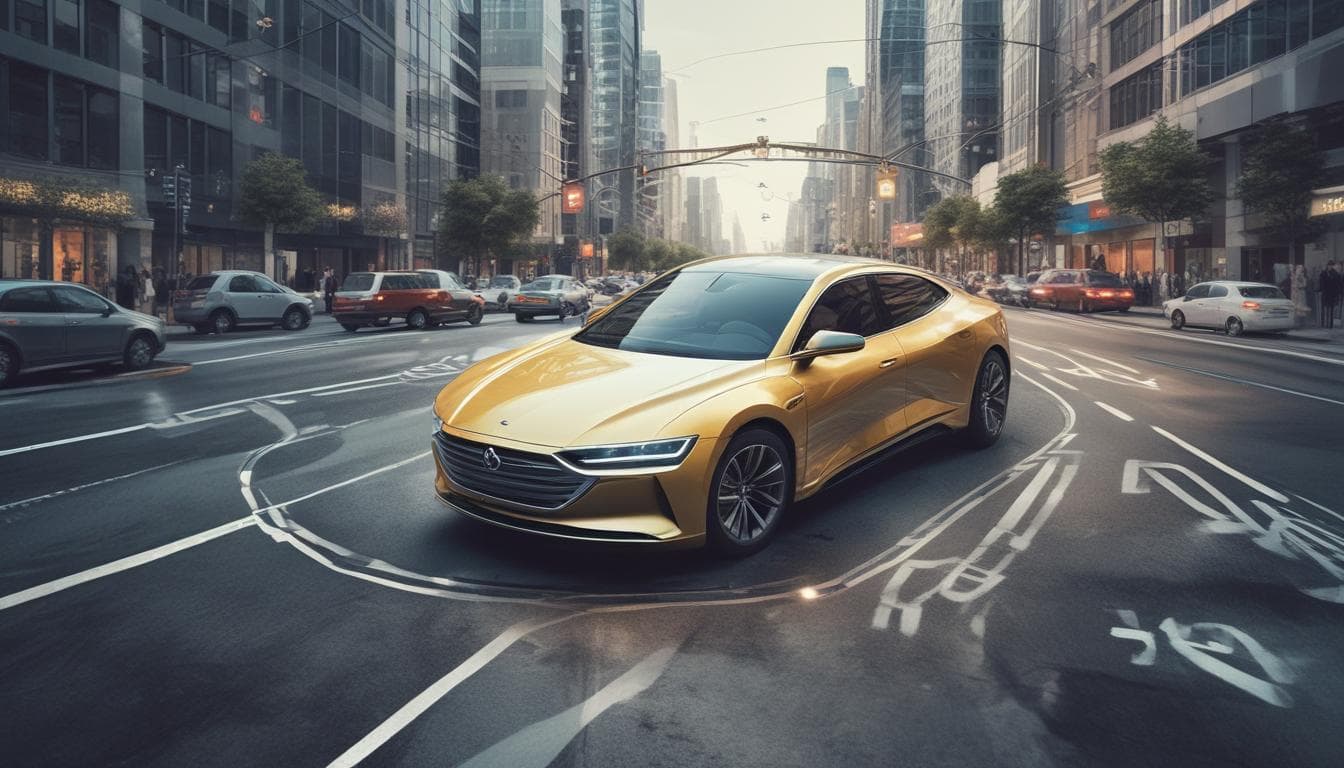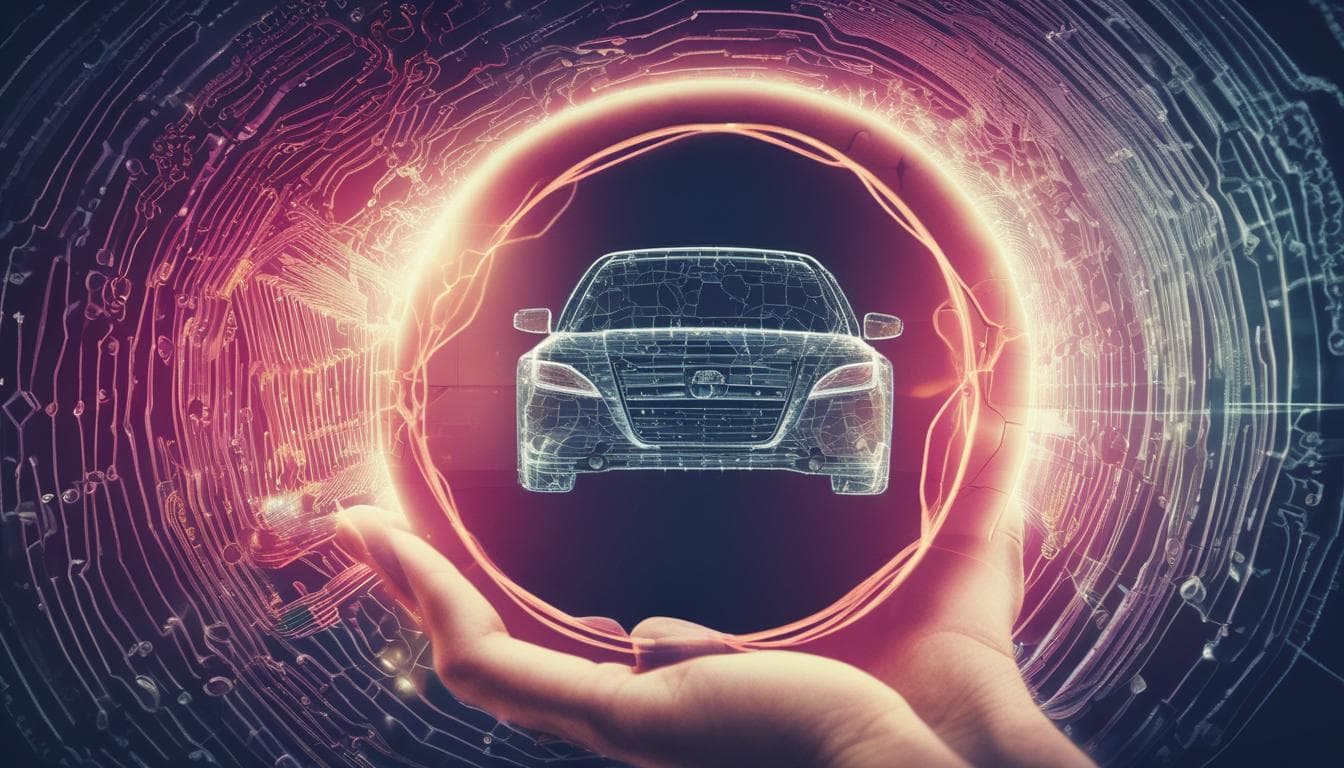With the increasing integration of AI in vehicles, how do you envision the role of a human driver evolving? Will driving become a leisure activity rather than a necessity, and what implications might this have on car culture and design?
That's a great question, @techauto! The increasing sophistication of AI in vehicles is definitely pointing towards a future where the role of the human driver shifts significantly. I think we'll see a gradual transition in stages.
Short-term: AI will primarily act as a co-pilot, handling tedious tasks like highway driving or parking. This will free up the human driver to focus on other things, or simply relax and enjoy the ride. Features like advanced driver-assistance systems (ADAS) are already paving the way for this.
Mid-term: As AI becomes more reliable, we'll likely see more autonomous driving modes, perhaps even allowing drivers to take their hands off the wheel entirely in certain situations. This is where the line between necessity and leisure begins to blur. Imagine commuting in a self-driving car while you catch up on work or enjoy a movie. This could also lead to a rise in "mobility as a service" where people subscribe to autonomous transportation rather than owning a car.
Long-term: Fully autonomous vehicles could become the norm, making human driving a choice rather than a requirement. This could have profound implications on car culture. Car design might prioritize comfort and entertainment over performance and handling. Think of vehicles becoming more like mobile living rooms or offices. Enthusiast driving might be relegated to dedicated tracks or closed courses. We might even see a resurgence of classic car culture, with people cherishing the experience of driving vintage vehicles the way we enjoy horseback riding today.
However, there are challenges to overcome. Public trust in AI is crucial, and ensuring the safety and reliability of these systems is paramount. The legal and ethical implications of autonomous driving also need to be carefully considered. It's going to be a fascinating journey to see how this all unfolds.
Explore More on This Topic
Join the Conversation
- The Future of AI-Driven In-Car Personalization: Beyond Comfort and Entertainment
Explore the future of AI in vehicles and how it can personalize the driving experience beyond entertainment and comfort. Discuss the ethical considerations and potential benefits of deep AI integration, such as anticipating mood and stress levels and suggesting personalized micro-experiences.
- The Future of Automotive Tourism: AI-Curated Road Trips vs. Spontaneous Exploration
Explore the future of automotive tourism in the age of AI. Will AI-curated road trips replace spontaneous exploration, or will they coexist? Discuss the opportunities and challenges for travelers and the tourism industry as AI integrates into vehicles and travel experiences.
- The Future of Road Rage in the Age of AI-Powered Vehicles
How will AI in vehicles impact road rage? Will it help de-escalate aggressive driving or make it worse? Explore the potential roles of AI and human drivers in managing these scenarios.

